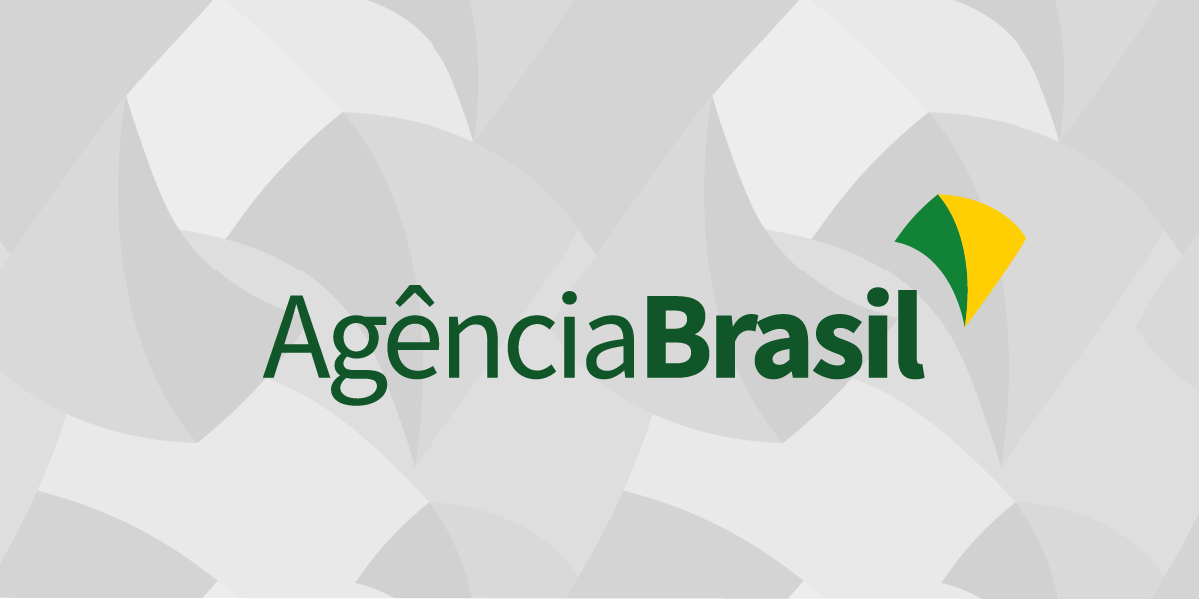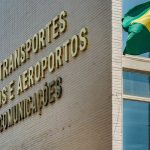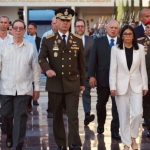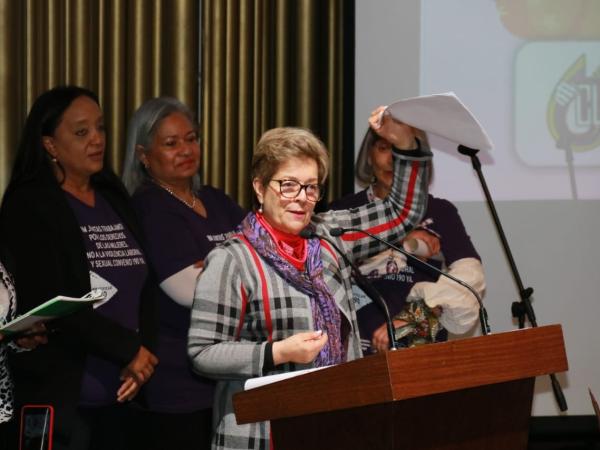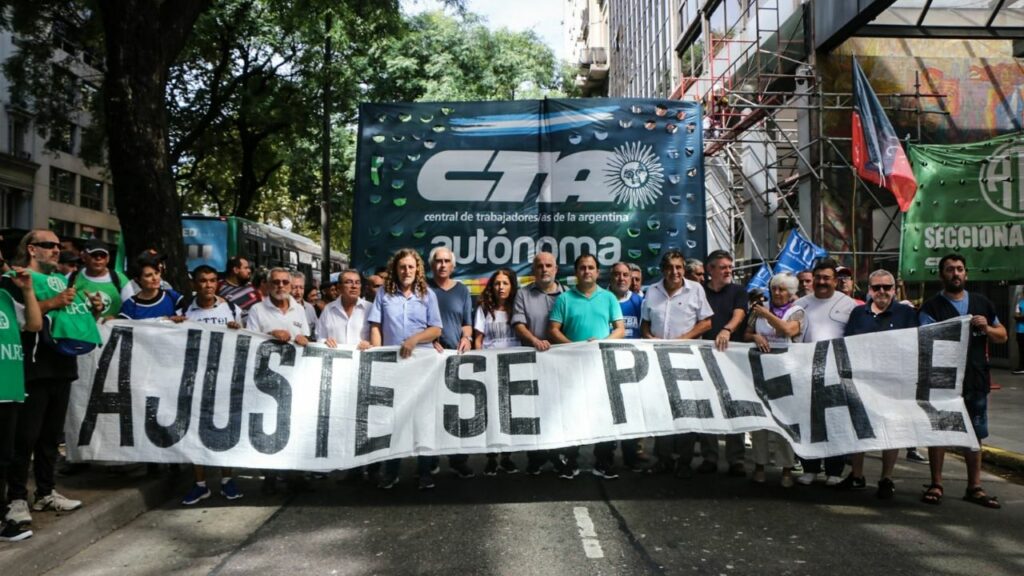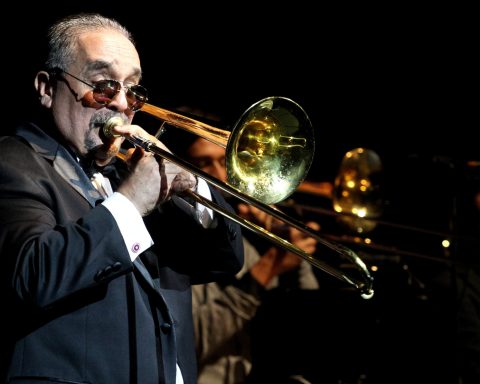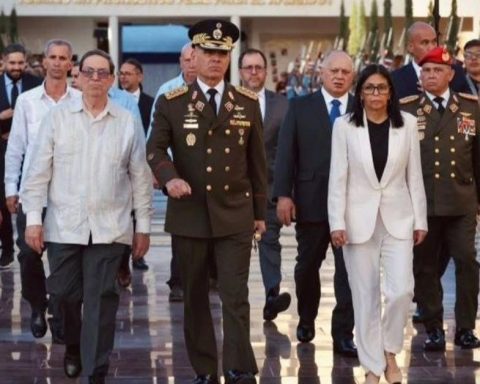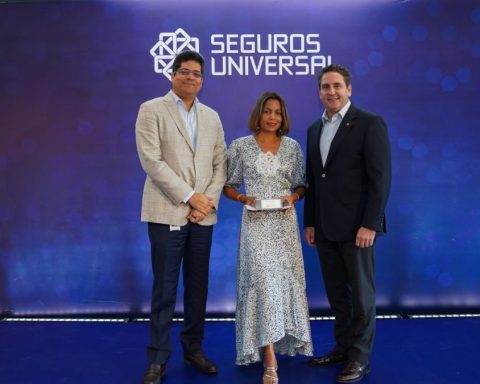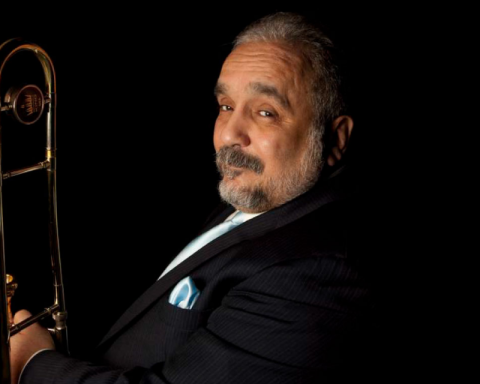The revocation of new high school was discussed this Tuesday (7th) at a meeting between President Lula and organizations of education workers, at the Planalto Palace. The election was presented to the president by the National Confederation of Workers in Education (CNTE) and by the Union of Official Teaching Teachers of the State of São Paulo (Apeoesp).
The new high school was approved by law in 2017, during the government of former President Michel Temer, with the aim of making the stage more attractive and expanding full-time education, but implementation faces structural challenges, resistance and even ignorance on the part of the population.
“The idea is to revoke the rubble of the coup. The new secondary education came, by imposition, through a Provisional Measure, by a government that had no popular legitimacy, without any dialogue with the sectors of the education area. We present the demand for revocation of high school and Common National Curriculum Basesaid Heleno Araújo, president of the CNTE, to Brazil Agency. According to him, Lula was sensitive to the problems presented and promised to better analyze the request.
Last week, the Minister of Education, Camilo Santana, avoided talking about revocation, but said that a working group will be created to bring together all interested educational sectors and discuss the progress of the new secondary education. “It is not a question of repealing. O [novo] high school is in progress. What we are putting in place is the creation of a working group, which will be made official by ordinance. We are going to gather all the sectors to discuss”, said the minister.
In a note, the MEC recognized that there was a lack of dialogue in the process that led to the enactment of the new secondary education law and explained how the working group will work. “The group will be made up of diverse social sectors, such as class representative entities, students, professors, the academic community, state and municipal secretaries from all Brazilian states, with the aim of establishing democratic dialogue, in a collective and qualified discussion through surveys, public consultations, seminars and other tools that allow us to make informed decisions. The preponderant question is how to guarantee the best Secondary Education for the country, with justice and, mainly, equality”, says the folder.
Open letter
More than 300 entities linked to education also made a open letter this week asking for the repeal of the new high school. In the document, which describes 10 of the main problems of the law, representatives of these institutions claim that the new model goes against the grain of all studies related to the area and claim that the process was done unilaterally, with no room for dialogue with the community school.
With the new model, part of the classes will be common to all students in the country, guided by the National Common Curricular Base (BNCC). In the other part of the training, the students themselves will be able to choose an itinerary to deepen their learning. These are the so-called formative itineraries. Among the options is to emphasize, for example, the areas of languages, mathematics, natural sciences, human sciences or technical education. The offer of itineraries, however, will depend on the capacity of the teaching networks and schools.
“The idea was sold that the student could choose between five training itineraries, which does not happen in practice. The student is being pushed to follow the itinerary that the school offers, and no school offers the five planned training itineraries”, criticizes Araújo.
The implementation of the new secondary education takes place in stages until 2024. In 2022, it began with the 1st year of secondary education, expanding the workload to at least five hours a day. By law, for the new model to be possible, schools must increase the workload to 1,400 hours a year, which is equivalent to seven hours a day. This should happen gradually. This expansion of the workload is a way of making schools offer full-time education to their students, but education professionals criticize the lack of a minimum structure.
“The law requires an increase in the workload, to force an increase in full-time workloads. Schools still do not have the structure to ensure this. This situation, often due to the country’s social inequality, causes students to drop out of school because they cannot keep up with the workload. In Pernambuco, for example, more than 800,000 young people between 15 and 29 years of age have not completed high school, while those who have completed or are enrolled add up to 341,000”, points out the CNTE president.
In 2023, the implementation continues with the 1st and 2nd years and the itineraries should start to be implemented in most schools. In 2024, the implementation cycle ends, with the three years of high school.
Civic-Military Schools
During the meeting with the CNTE, Heleno Araújo stated that Lula also committed to discontinuing the National Program of Civic-Military Schools (Pecim), created in 2019 by the government of Jair Bolsonaro. “The idea, according to the president, is not to open for new adhesions to the program from now on, but without necessarily dismantling what was done”, stated the union leader.
Until the end of last year, around 200 public schools across the country had joined the federal government program, which offers pedagogical training to the military, certification of schools and sending resources for structural improvements in the units. In January, the government had already published an ordinance extinguishing the board responsible for civic-military schools at the Ministry of Education (MEC). The structure was linked to the Ministry’s Basic Education Secretariat.
The civic-military model is different from the model of military schools maintained by the Armed Forces. According to the MEC, the state departments of Education continue to be responsible for school curricula, which is the same as for civil schools. The military, who may be members of the Military Police or the Armed Forces, act as monitors in educational management, establishing norms of coexistence and applying disciplinary measures, but, in theory, they cannot interfere in teaching.
